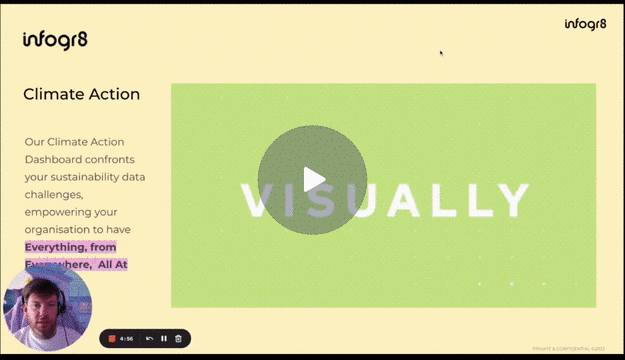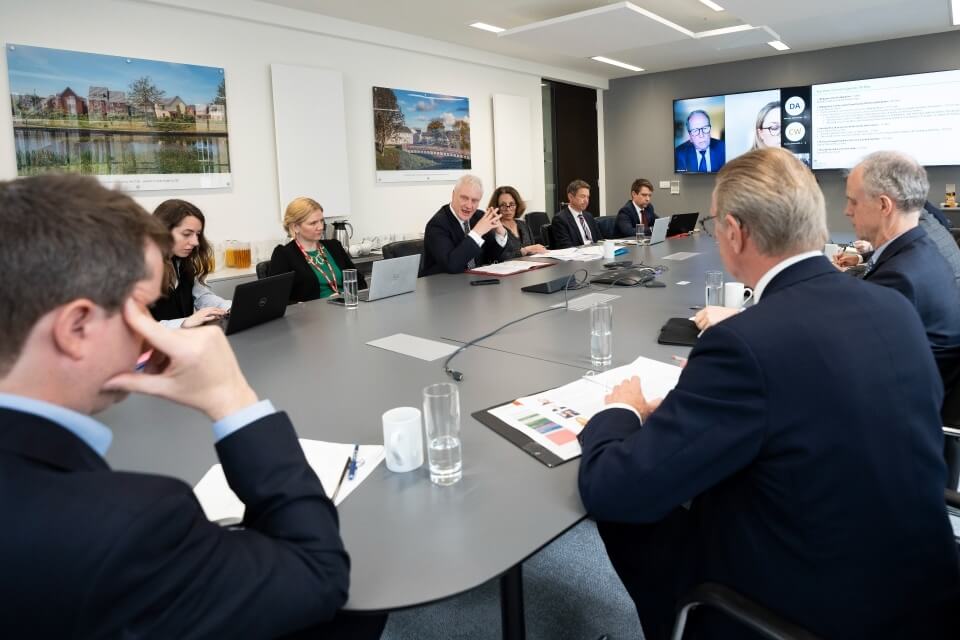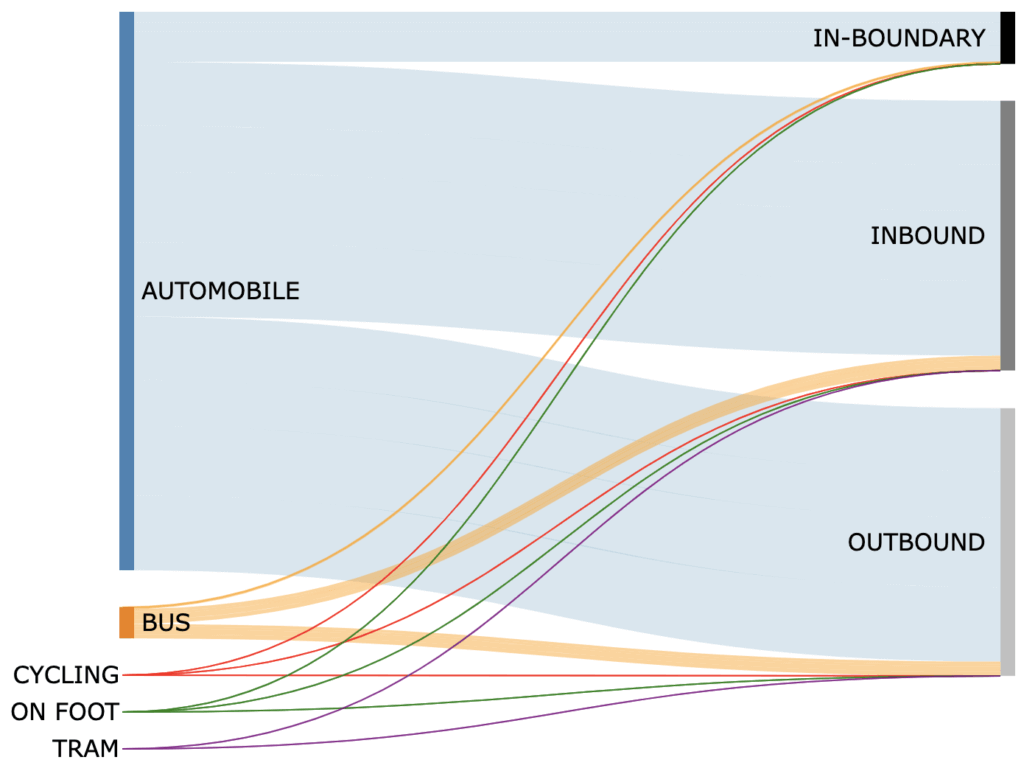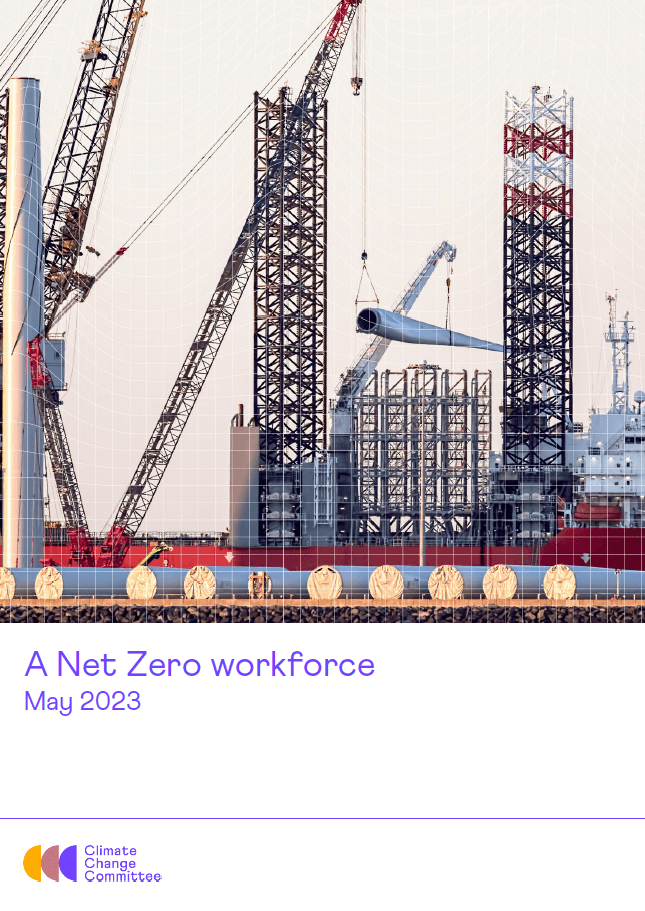 Insight “Are we on track?” Getting your net zero narrative right
Insight “Are we on track?” Getting your net zero narrative right
“Are we on track?” It’s a simple question, but the answers around net zero are anything but.
Indeed, a more pertinent question might be “are we even on a track?”, as so many organisations haven’t set a realistic, achievable target for net zero.
It should be a very simple communications exercise. An organisation should be able to say ‘We are targeting net zero by 20xx, these are the steps we are taking, or are going to take to get there, and as of today, we are likely to reach net zero by 20yy’.
But how many organisations can you think of where you:
- Know their target year?
- Know what their plans are?
- Know how they’re tracking against that goal?
So, how can organisations get their narratives around net zero right? Read on for more.
Live-tracking climate action plans from a single screen
Back in 2018, Bristol City Council was the first local authority in the UK to declare a climate emergency. Following suit, more than half of LAs set out ambitious climate action plans targeting net zero by 2030, if not sooner.
Plans are one thing. How are these councils progressing, and how are they communicating that progress to key stakeholders, the general public included?
To confront these challenges, we’ve created a Climate Action Dashboard that empowers local authorities to have everything, from everywhere, all at once.
Our dashboard re-connects disconnected data and teams. That way, you can spend less time wrangling with the data, and more time delivering the solutions that will see you hit that net zero target.
Here’s a quickfire video walkthrough (3 mins).
The net zero narrative is crucial for brands, too
Targeting net zero has important ramifications for brands, too. In 2019, UN Global Compact rated 72% of UK businesses as inadequate or worse in terms of their delivery on climate action.
People care deeply about this. New research by Google shows that 78% of UK adults agreed climate change was as big a concern as the cost-of-living crisis. In response, brands need to level up their sustainability credentials and communicate their progress in clear and compelling ways. Get it wrong, and the accusations of green-hushing or green-botching will come flying in from sustainability-savvy consumers.
Badges, labels and self-declarations will only get brands so far; transparent and granular data reporting, visualised in attention-grabbing ways, is the next logical step towards net zero.
Watch the walkthrough (3 mins)
On the radar
The first Net Zero Council
What: Earlier this month, the UK’s Department for Energy Security and Net Zero (formerly BEIS) convened the first-ever meeting of the Net Zero Council. The council includes Siemens, Natwest, SSE, Severn Trent and Lloyds of London, to name a few, meeting quarterly to address 3 key objectives:
- working to ensure sectors and companies have a pathway to net zero, including looking at the barriers and connections across sectors
- leading a systematic review of the financing challenges and the respective roles of government, industry and the financial sector in addressing them
- identifying key challenges facing SMEs in reducing their carbon footprints and supporting their transition with new information and advice
Stat: The estimated global market opportunity for UK businesses going green is £1 trillion.
Why it matters: We’re on the clock when it comes to decarbonising our businesses. To do so, it’s crucial that we understand the facts and have collective confidence in our decision-making.
From the government’s perspective, it would be promising to see a commitment not just to the Net Zero Council’s objectives themselves, but also to the data and tools to measure and monitor success, thereby allowing a wider network of stakeholders to access and contribute to our climate goals. Data visualisation and storytelling is key to this, but too often an afterthought. This is where our Climate Action Dashboard comes in.
Open tools to improve climate action
What: Only last year, Climate Emergency UK reported that over 1 in 5 UK councils had no climate action plan in place. We understand the barriers that local authorities face – here’s a great piece by Sunny Zhao on how data-first tools like Google’s Environmental Insights Explorer can help overcome them.
Stat: Google’s EIE tool currently pulls public data from 667 places around the world, along with thousands more cities and regions.
Why it matters: We’ve spoken before about big tech and its carbon footprint as an industry. But whether it’s Google’s EIE tool or Microsoft rolling out the new ‘carbon aware’ Windows Update, it’s good to see the big players putting their weight behind data-led sustainability solutions.
Building a net zero workforce
What: This CCC report outlines the potential impacts of net zero for the UK workforce that will inform the government’s Net Zero and Nature Workforce Action Plan next year.
Stat: Between 135,000 and 725,000 net new jobs could be created by 2030 in low-carbon sectors.
Why it matters: The future of the workforce still has its unknowns and will require close collaboration, innovation and crucial decisions to be made based on the data. That said, a successful workforce for a greener future is not just dependent on policy and top-level senior decisions; it’s equally about engaging and inspiring individuals as the next generations come through.
A new green economy is not far off, but we need the skills and roles to power it. Here at infogr8, our EdTech pod has been exploring a series of career pathway tools that bring hard data to the once-nebulous world of navigating new careers.
Our data-led solutions are leading the charge towards net-zero accountability. Book into Stewart’s diary to find out more about a custom tool for your organisation.




